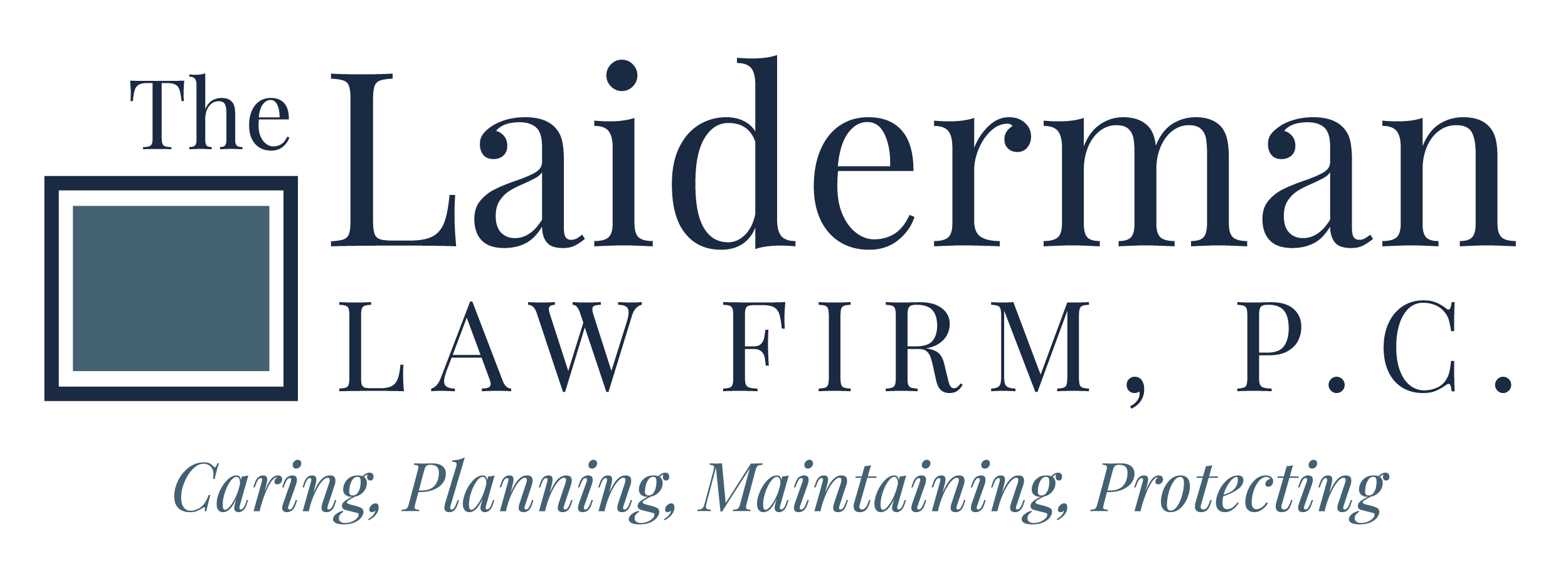Many communities are easing social-distancing restrictions originally put in place to fight the spread of coronavirus. Even as stay-at-home orders expire, it’s especially important for people at higher risk to remain vigilant as we navigate these uncharted waters.
High-risk groups include:
- People who are 65 or older
- People of any age who
- Live in a nursing home or long-term care facility
- Have chronic lung disease or moderate-to-severe asthma
- Have serious heart conditions
- Are severely obese (body mass index >40)
- Have diabetes
- Are undergoing dialysis for chronic kidney disease
- Have liver disease
- Are otherwise immunocompromised
In addition to reducing exposure, one of the best ways to keep yourself and at-risk loved ones safer is recognizing the symptoms of COVID-19 and getting appropriate medical help.
COVID-19 symptoms include fever, cough, and shortness of breath.
Emergency warning signs for COVID-19 requiring immediate medical attention include:
- Difficulty breathing or shortness of breath
- Persistent pain or pressure in the chest
- New confusion or inability to arouse
- Bluish lips or face
Kaiser Health News also warns that doctors also are reporting instances of unusual symptoms in seniors “who present without the typical cough, fever and shortness of breath. Instead, these elders may simply appear off; sleeping more, losing appetite and becoming confused and apathetic. Sometimes they are dizzy, stop speaking or simply collapse.”
Recognizing possible early symptoms of the coronavirus can help seniors get needed help quickly and prevent further spread of the virus.
The Laiderman Law Firm continues to put the health, safety and well-being of our staff, our clients and their families at the forefront of what we do every day, even during these unsettled times, meeting virtually with clients to provide planning opportunities.
Resources: Kaiser Health News, Seniors with Covid-19 show unusual symptoms, doctors say, April 23, 2020; Administration for Community Living, What do Older Adults and People with Disabilities Need to Know?


